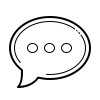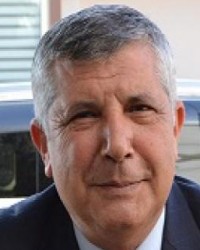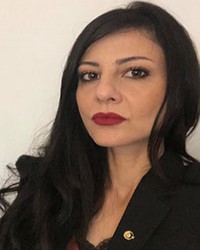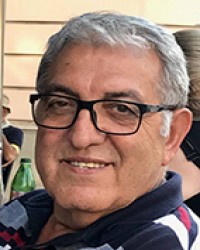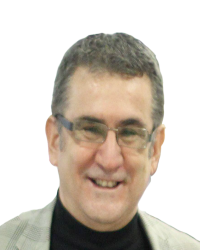This article reviews the genesis, tools, and methods of political economy.
Political Cycles
First, it develops analysis in terms of political cycles, which consists of examining how both the ideological orientation of governments and the electoral calendar affect economic variables such as inflation, unemployment, and growth.
Political economy of public deficits
Then we look at short-term budget policies and the paradox of the recent shift in public spending. Nevertheless, it returns to the differences in adjustment within countries experiencing similar economic conditions.
Therefore, in political economy, various explanations have been proposed to explain public deficits, their persistence, and their heterogeneity. In future articles, we will address two more types of structural public policy.

Inequality, redistribution and public policies
A political economy approach to redistribution policies is being developed. Political economy, understood as a theory of political decision-making, can be useful and open up new perspectives on the issue of inequality and public policy in terms of redistribution. This article presents the research to demonstrate its potential.
Political economy of trade policy
Finally, we return to trade policy. We will present various analyzes of the political economy of trade, emphasizing the importance and role of pressure groups in determining this type of economic policy.
A small introduction to the new political economy
The new political economy (NEP) seeks to maximize the social welfare of economic policies. It stems from the recognition that it is the result of a political process involving people or groups with particular interests.
How does the "political" affect the "economic"?
This question motivated the work of the pioneers of economics. Indeed, a definition was made in the Treatises on Political Economy of 1615. At the end of the 19th century, what is now called economics or economics was formerly called "political economy".
This terminology reflected the belief that economics could not be separated from political aspects. Political aspects were seen as the main determinants of economic aspects.
Today, the term "political economy" or "new political economy" (NEP) refers to the study of the political forces that affect economic activity in economics departments. Also, in political science departments this is more of a question. The main purpose is to examine how economic forces can affect the political scene.

With the division of political science and economics into two separate disciplines, economists ignored the political and institutional factors. This was well suited to explain the functioning and competition in markets from the end of the 19th century. But "politics" can be explained by the development of mathematical price theory, which is certainly not very useful for studying.
Therefore, while political science seems to use more descriptive methodologies, economics has developed around a very precise analytical method. Today, with the development of game theory, this distinction between economics and politics has become less meaningful.
This is the view of Nobel Prize-winning game theorist Roger Myerson, and he publishes more in specialized political science journals than in specialized journals.
new political economy pdf
new political economy impact factor
review of international political economy
new political economy scimago
journal of political economy
european journal of political economy
review of political economy
Politics and Economics
How can the new political economy be defined more precisely? For economists, it is possible to start with a definition of economics.
"Economics is the science that studies human behavior with alternative uses as a relationship between ends and scarce resources."
If economics is the optimal use of scarce resources, then political economy can be thought of as the political nature of decisions regarding the use of scarce resources within a country, a social group, or a company.
So, what does the term "politics" mean?
In political science the term seems to be defined as the study of power, authority and their exercise. Power refers to the ability of an individual or group to achieve certain goals.
Authority can be defined as a situation in which more than one person, implicitly or explicitly, allows another person to make their own decisions in a number of areas. Politics can be defined as a competition for authority.
For the economist, the question of power and authority only makes sense if there is a heterogeneity of interests, that is, if there is a conflict of interest between different actors in the society. Therefore, the political aspect of the economy only makes sense if we abandon the representative agency paradigm.
The question then arises what are the mechanisms and processes that allow for collective decision making. This is the paradigm of the omnipotent and benevolent social planner.
Indeed, economists often try to determine the optimal economic policy assuming that it will automatically kick in once the policy is set. In short, there is an identity between the optimal economic policy and the implemented policy.



